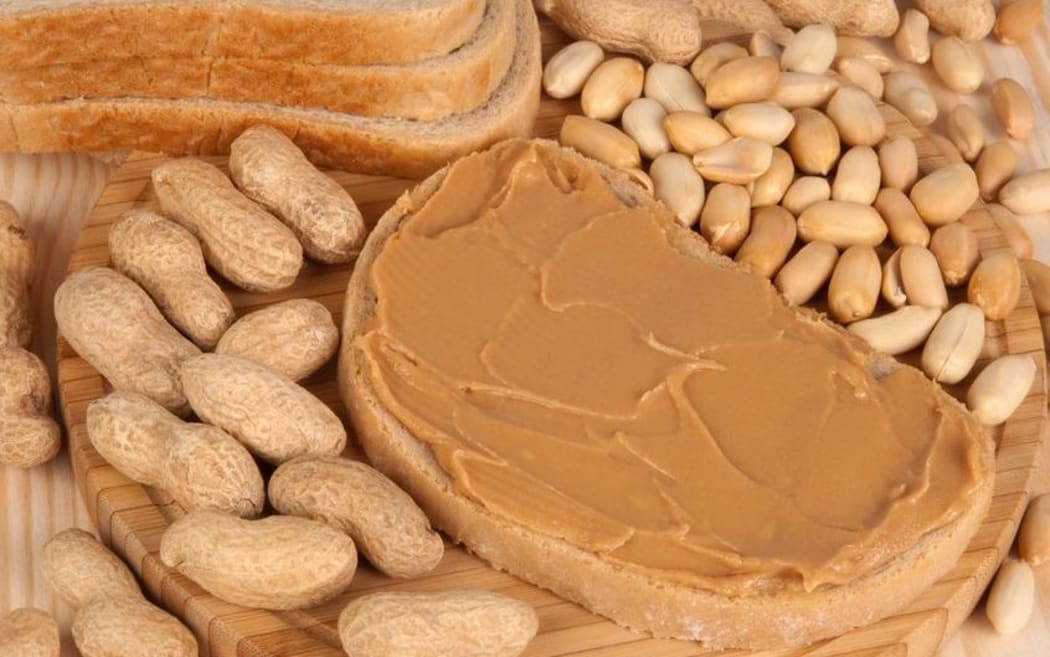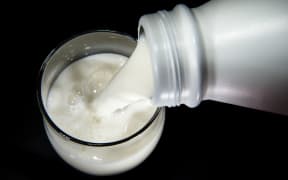
Photo: 123RF
New research shows increasing numbers of people are being hospitalised with severe allergic reactions from food - particularly Pacific Islanders.
The Auckland University study analysed ten years of hospital admissions for those suffering from food-induced anaphylaxis, a severe allergic reaction which can be life threatening.
It found Pacific Islanders were up to three times more likely to suffer anaphylaxis than other ethnicities.
Seafood was the most common cause of food anaphylaxis in Maori, Pacific and Asian people, whereas for Europeans and other ethnicities, nuts were the most common trigger.
Allergy New Zealand chief executive Mark Dixon said Pacific Islanders' love of raw fish might be a factor, but more research was needed.
"There is a parasite in seafood that carries a protein allergin that is well known to clinicians as causing allergic reactions, whereas Pakeha and other cultures tend to cook their seafood, it kills the parasite and we're not affected by that allergin," he said.
Mr Dixon was critical of the lack of government funding for those living with severe food allergies.
"The concern is that the only treatment available if someone suffers an extreme allergic reaction - or anaphlaxis - is adrenaline."
Adrenaline is administered by an auto-injector - commonly known as an EPI pen - which cost up to $200 and lasts a year - more than many can afford.
Mr Dixon said the first application for auto-injectors was lodged with the government's drug buying agency Pharmac in 1997.
Twelve years ago it was approved by Pharmac's clinical committee and had been on the waiting list every since - the longest period of time for any medicine in the country.
"So the committee's approved it. It ticks all the boxes, when it comes down to the budget decision and Pharmac are making their decision as far as the money goes, the auto-injector has missed out every time. It's infuriating."
Pharmac has said it can't fund the auto-injectors because there is only one supplier in New Zealand.
Mr Dixon said while he understood the market challenge that represented, he wanted to know what Pharmac was doing about it.
"What is the thinking going into providing an alternative for New Zealanders who are living with this condition on a daily basis?"
Instead, Pharmac subsidised the cost of a glass vial of adrenaline.
"The issue is that you have to go out and buy your syringe and needle, you've got to assemble that.
"You've got to snap the glass top off the vial without getting glass in the adrenaline.
"You've then got to draw up the correct amount of adrenaline for the child or adult you are adminstering to and then you have to do an intra-muscular injection," Mr Dixon said.
For those having to administer the adrenalin, it was totally impractical - particularly when compared to an auto- injector device.
"The dose is pre-measured, it's in there in a cartridge. And there's a spring loaded needle, so it's just a delivery device for the adrenline," he said.
"Any clinician or doctor will tell you that they do not feel safe prescribing needles and syringes to members of the public who aren't medically trained for administering them."




